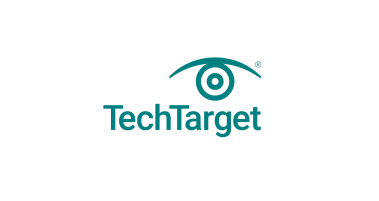Who is a chief trust officer?
A chief trust officer, or CTrO, in the IT industry is an executive tasked with building trust in the use of customer information. This individual ensures that the organization upholds its promises regarding security, privacy, and ethical decision-making to customers, employees, and stakeholders. Typically reporting to the CEO, the chief trust officer oversees cybersecurity, risk management, and compliance efforts.
Why are chief trust officers needed?
In today’s digital age, establishing trust, especially with customers, is crucial amid cyber threats and data breaches. By having a CTrO in the C-suite, organizations can advocate for consumer trust, provide reassurance, and inform leadership on trust-centric decisions. The chief trust officer also implements initiatives to enhance internal trust and communication, fostering employee satisfaction and retention.
What are the chief trust officer’s responsibilities?
Responsibilities include ensuring customer information is secure, informing customers about data protection, identifying and mitigating compliance risks, and cultivating trust across the organization and with stakeholders. While mainly IT-focused, the role extends beyond technology and requires strong communication and relationship-building skills to preserve data value and customer relationships.
What skills do chief trust officers need?
Ideal candidates possess experience in customer-driven industries like finance, understanding of information security, as well as practical knowledge in cybersecurity, privacy, and compliance. A CTrO’s background could stem from a role as a chief information security officer (CISO) with expertise in data handling, cloud security, and data-sharing practices. Salaries for chief trust officers vary based on location, education, experience, and certifications, with the average salary in 2024 estimated at $277,000.









